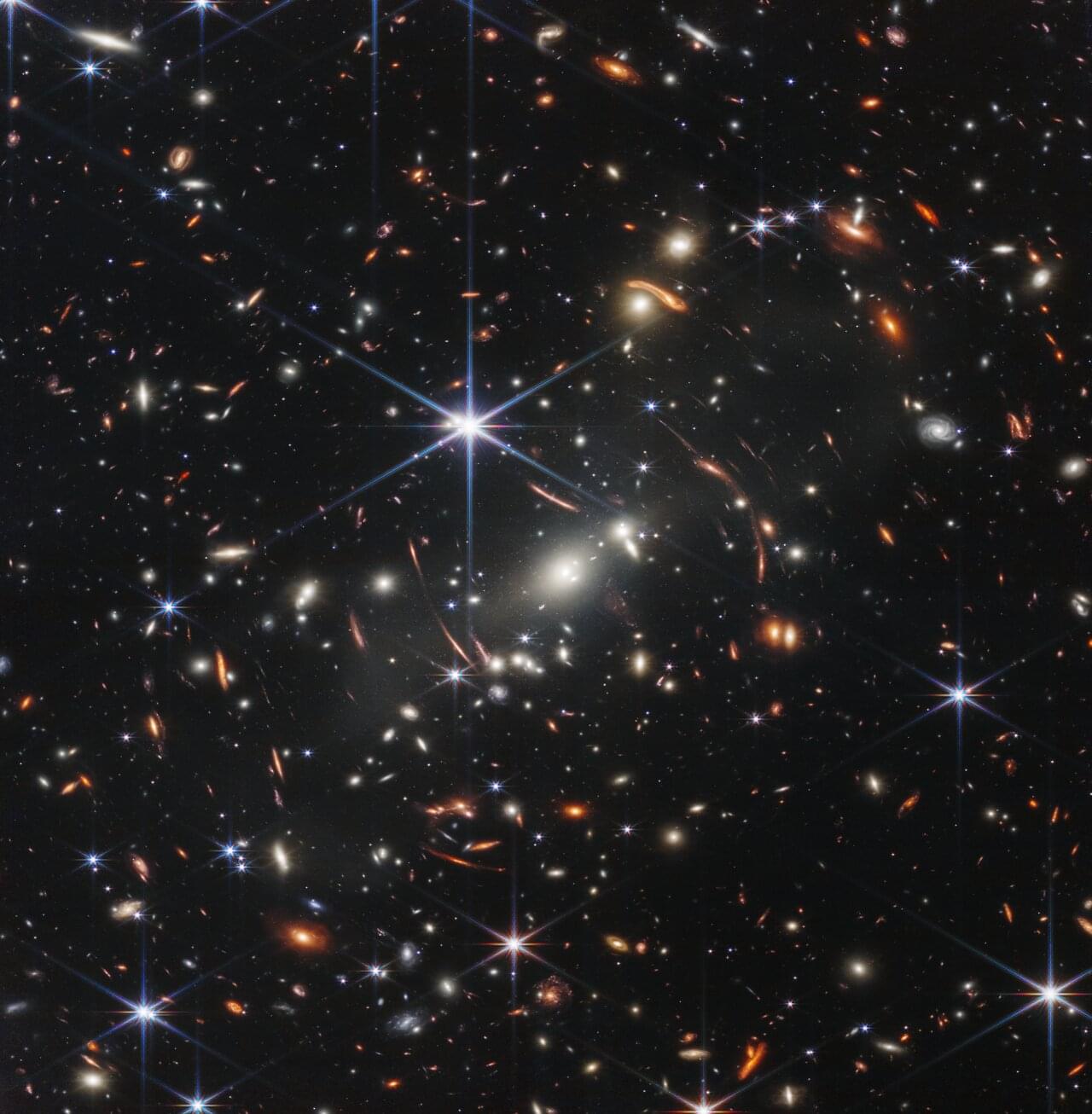An international team of astronomers has performed multi-wavelength observations of the nearby Araish galaxy to investigate the origin of its radio emission. As a result, they detected an extended radio jet of this galaxy. The finding was reported February 11 on the arXiv pre-print server.
Observations show that powerful radio jets are commonly observed in elliptical galaxies or massive quasars. However, their presence in spiral galaxies is relatively rare. These systems, known as spiral double radio-source associated with galactic nuclei (DRAGNs), are therefore unique galaxies where classical disk morphology coexists with large-scale radio jets.





